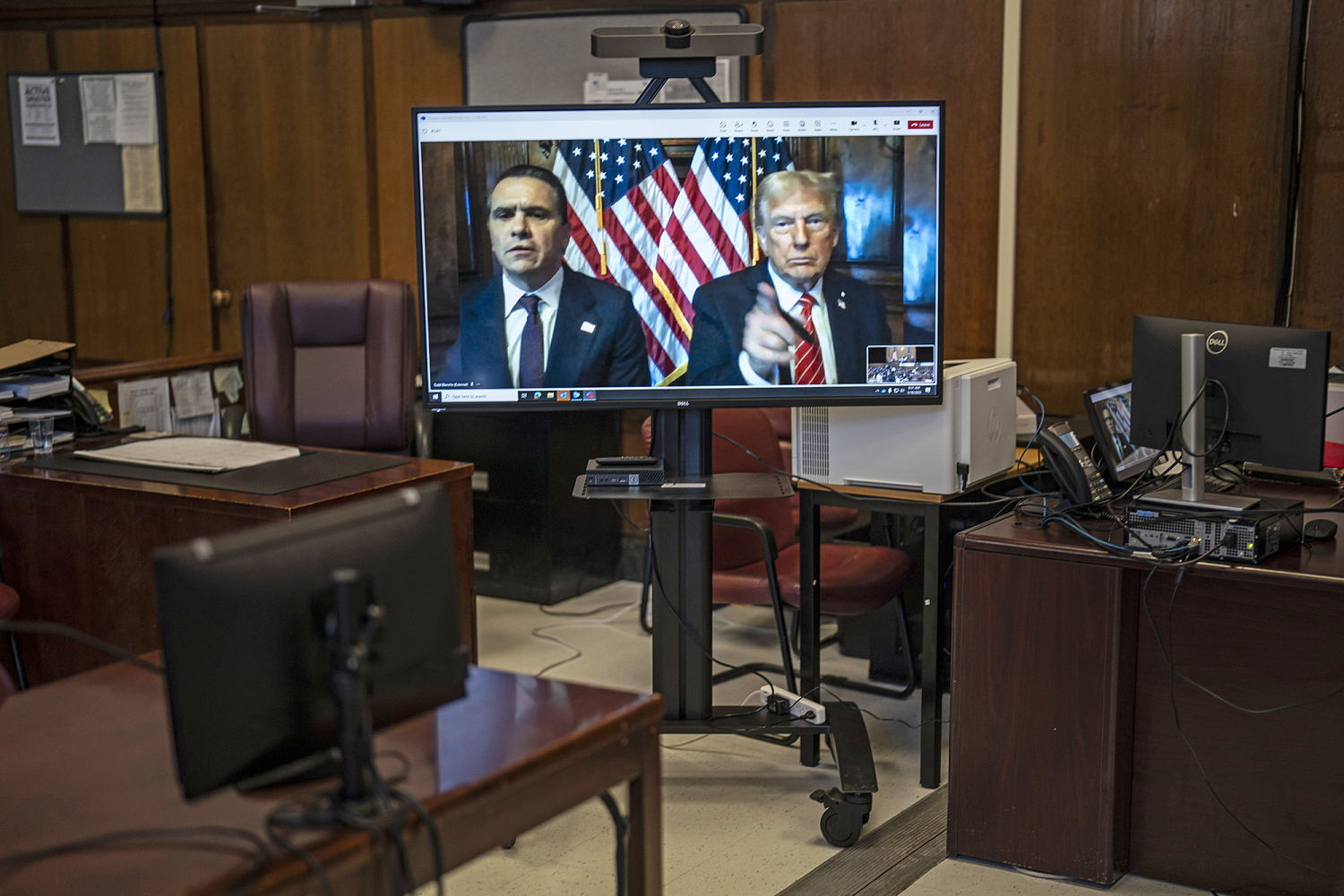
Millions of Americans saddled with the label of “convicted felon” are forever reminded of the stigma it brings, given the many collateral consequences that come with it. However, on Friday, President-elect Donald Trump was assured that despite his conviction on 34 felony counts, no such encumbrances would affect him. Trump was sentenced in New York Supreme Court in his hush money trial and received an unconditional discharge, effectively ending this legal matter without any penalty to him.
Millions of Americans saddled with the label of ‘convicted felon’ are forever reminded of the stigma it brings.
He is now a convicted felon, but given the likelihood of an appeal and the possibility of its success, not even that label is guaranteed to be permanent. If anything, the outcome of Trump’s case puts on full display America’s two-tiered justice system in a way that is sobering, if not altogether grotesque.
The hush money case is just one part of Trump’s scandalous portfolio. He’s been found liable for sexual abuse and defamation in civil court; there was a finding of civil fraud regarding Trump’s businesses in a case brought by New York’s attorney general; and he was the subject of two federal indictments and indicted in a state election interference case in Georgia.
Despite that mountain of legal woes, on Jan. 20, Trump will place his hand on a Bible and, for a second time, take the oath that makes him president of the United States.
If Trump escaping punishment feels inconsistent, unfair or even unjust, that’s because it is. Nobody else who faces what Trump has would emerge virtually unscathed. Trump’s elusiveness illustrates how privilege, power and resources can help a defendant navigate America’s legal system. For example, with U.S. District Judge Aileen Cannon, he had the privilege, power (and fortune) to appear before a federal judge whom he had appointed.
In terms of evidence, that case, which accused him of holding on to documents he had no authority to keep, was easily the strongest of the four criminal cases he faced. But the overwhelming evidence was neutralized by Cannon’s overwhelming partiality — and her eventual dismissal of the matter. He had the privilege and power to appeal to a Supreme Court that included three justices he had appointed, all of whom eventually signed on to a historic opinion granting him immunity for official acts without really explaining what an official act actually is.
(He also had the good fortune to have his Georgia prosecution led by a district attorney whose personal relationship with an outside attorney she hired to work on the case led to a complaint that has derailed the case.)
His privilege was also on display in the way that he railed against the judicial system and judges. Anybody else would have been found in contempt much sooner.
If all that weren’t enough, Trump has also had the resources of a legal fund that has been publicly and privately supported to the tune of at least $100 million.
Just a fraction of any of that power, privilege or resources would be enough to change outcomes for the average defendant. The combination of all three made Trump virtually untouchable and simultaneously shows how our justice system can be manipulated despite its supposed impartiality.
Even though he’s now officially a convicted felon, Friday’s sentencing ensures that the effect on Trump is nil. It is a meaningless bark from a system that has otherwise licked Trump’s hand. A sentence that makes Trump a felon without punishing him is a slap in the face to the millions of Americans who don’t have his power, privilege or resources. Some of them have been wrongfully convicted and must now navigate everyday life with the difficulties of securing employment, housing, education and credit.
A sentence that makes Trump a felon without punishing him is a slap in the face to the millions of Americans who don’t have the same resources and privilege.
Perhaps the most sobering reflection is what this historic moment means for Americans’ view of our legal system. The judiciary is designed to be an independent, apolitical system that serves to maintain the integrity of the other two branches of government. We pride ourselves on being a nation of laws, and yet we’ve watched a man brazenly circumvent real accountability repeatedly.
Yet, despite all of this, a majority of American voters decided to send Trump back to the highest office in the land. One could argue that Judge Juan Merchan’s hands were tied when it came to sentencing Trump, but the voters, who spoke in November, made a clear choice. This brings us to a rather scary proposition: that not only is the system flawed in ways that protect the wealthy and powerful, but also that tens of millions of Americans are OK with that.
